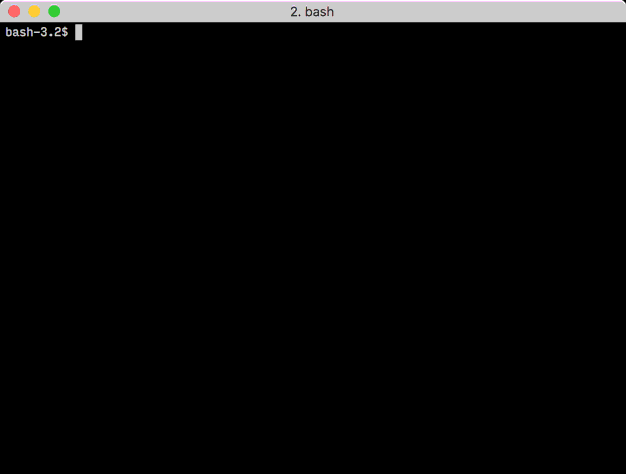Print execution time of a shell command
Is is possible to print the execution time of a shell command with following combination?
root开发者_StackOverflow中文版@hostname:~# "command to execute" && echo "execution time"
time is a built-in command in most shells that writes execution time information to the tty.
You could also try something like
start_time=`date +%s`
<command-to-execute>
end_time=`date +%s`
echo execution time was `expr $end_time - $start_time` s.
Or in bash:
start_time=`date +%s`
<command-to-execute> && echo run time is $(expr `date +%s` - $start_time) s
Don't forget that there is a difference between bash's builtin time (which should be called by default when you do time command) and /usr/bin/time (which should require you to call it by its full path).
The builtin time always prints to stderr, but /usr/bin/time will allow you to send time's output to a specific file, so you do not interfere with the executed command's stderr stream. Also, /usr/bin/time's format is configurable on the command line or by the environment variable TIME, whereas bash's builtin time format is only configured by the TIMEFORMAT environment variable.
$ time factor 1234567889234567891 # builtin
1234567889234567891: 142662263 8653780357
real 0m3.194s
user 0m1.596s
sys 0m0.004s
$ /usr/bin/time factor 1234567889234567891
1234567889234567891: 142662263 8653780357
1.54user 0.00system 0:02.69elapsed 57%CPU (0avgtext+0avgdata 0maxresident)k
0inputs+0outputs (0major+215minor)pagefaults 0swaps
$ /usr/bin/time -o timed factor 1234567889234567891 # log to file `timed`
1234567889234567891: 142662263 8653780357
$ cat timed
1.56user 0.02system 0:02.49elapsed 63%CPU (0avgtext+0avgdata 0maxresident)k
0inputs+0outputs (0major+217minor)pagefaults 0swaps
root@hostname:~# time [command]
It also distinguishes between real time used and system time used.
For a line-by-line delta measurement, try gnonom.
It is a command line utility, a bit like moreutils's ts, to prepend timestamp information to the standard output of another command. Useful for long-running processes where you'd like a historical record of what's taking so long.
Piping anything to gnomon will prepend a timestamp to each line, indicating how long that line was the last line in the buffer--that is, how long it took the next line to appear. By default, gnomon will display the seconds elapsed between each line, but that is configurable.

Adding to @mob's answer:
Appending %N to date +%s gives us nanosecond accuracy:
start=`date +%s%N`;<command>;end=`date +%s%N`;echo `expr $end - $start`
In zsh you can use
=time ...
In bash or zsh you can use
command time ...
These (by different mechanisms) force an external command to be used.
If I'm starting a long-running process like a copy or hash and I want to know later how long it took, I just do this:
$ date; sha1sum reallybigfile.txt; date
Which will result in the following output:
Tue Jun 2 21:16:03 PDT 2015
5089a8e475cc41b2672982f690e5221469390bc0 reallybigfile.txt
Tue Jun 2 21:33:54 PDT 2015
Granted, as implemented here it isn't very precise and doesn't calculate the elapsed time. But it's dirt simple and sometimes all you need.
If you are using zshell, you can have zshell print the time @ the start and end of execution. You can accomplish this by adding the following in your ~/.zshrc:
# print time before & after every command
preexec() { eval THEDATE="`date +"[%D_%H:%M:%S] "`"; echo "<CMD STARTED> $THEDATE" }
precmd() { eval THEDATE="`date +"[%D_%H:%M:%S] "`"; echo "<CMD FINISHD> $THEDATE" }
and open a new terminal window to have the changes take effect in all future terminal sessions.
Just ps -o etime= -p "<your_process_pid>"
 加载中,请稍侯......
加载中,请稍侯......
精彩评论